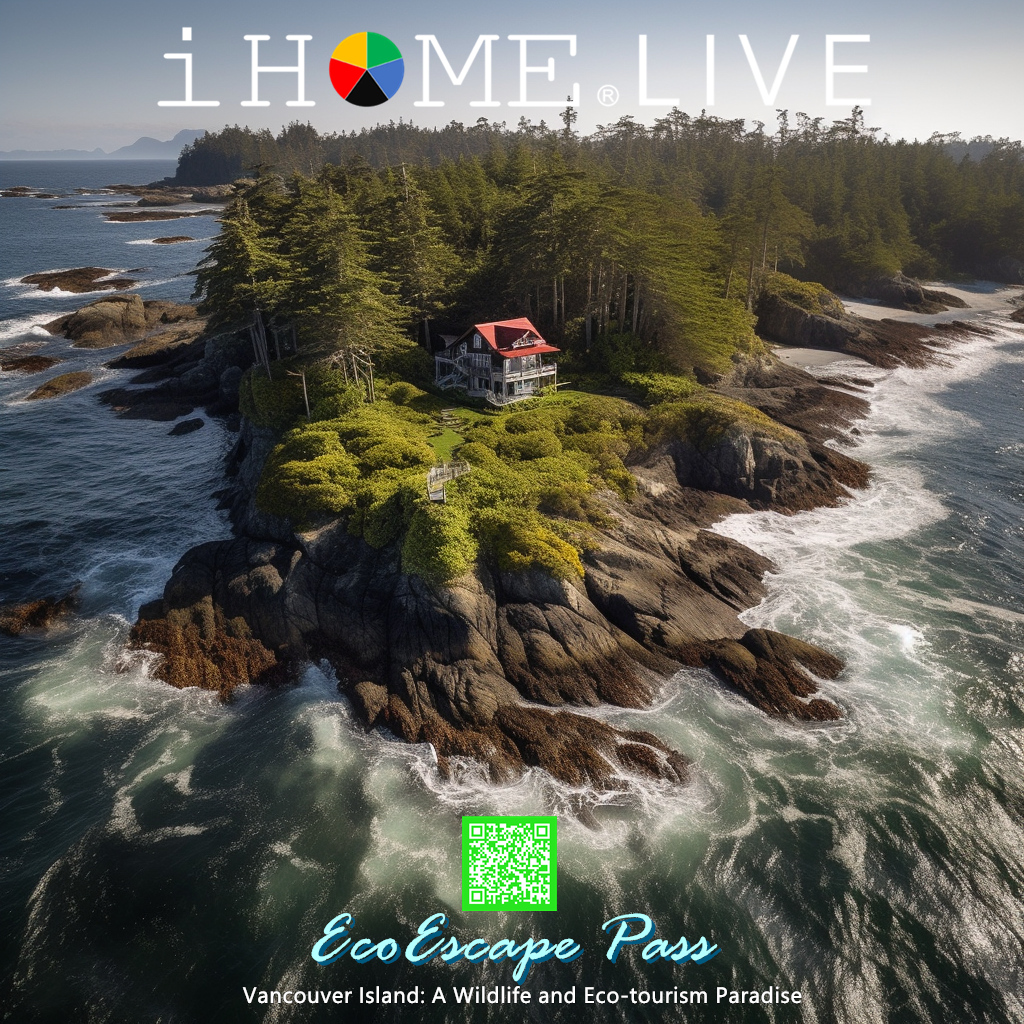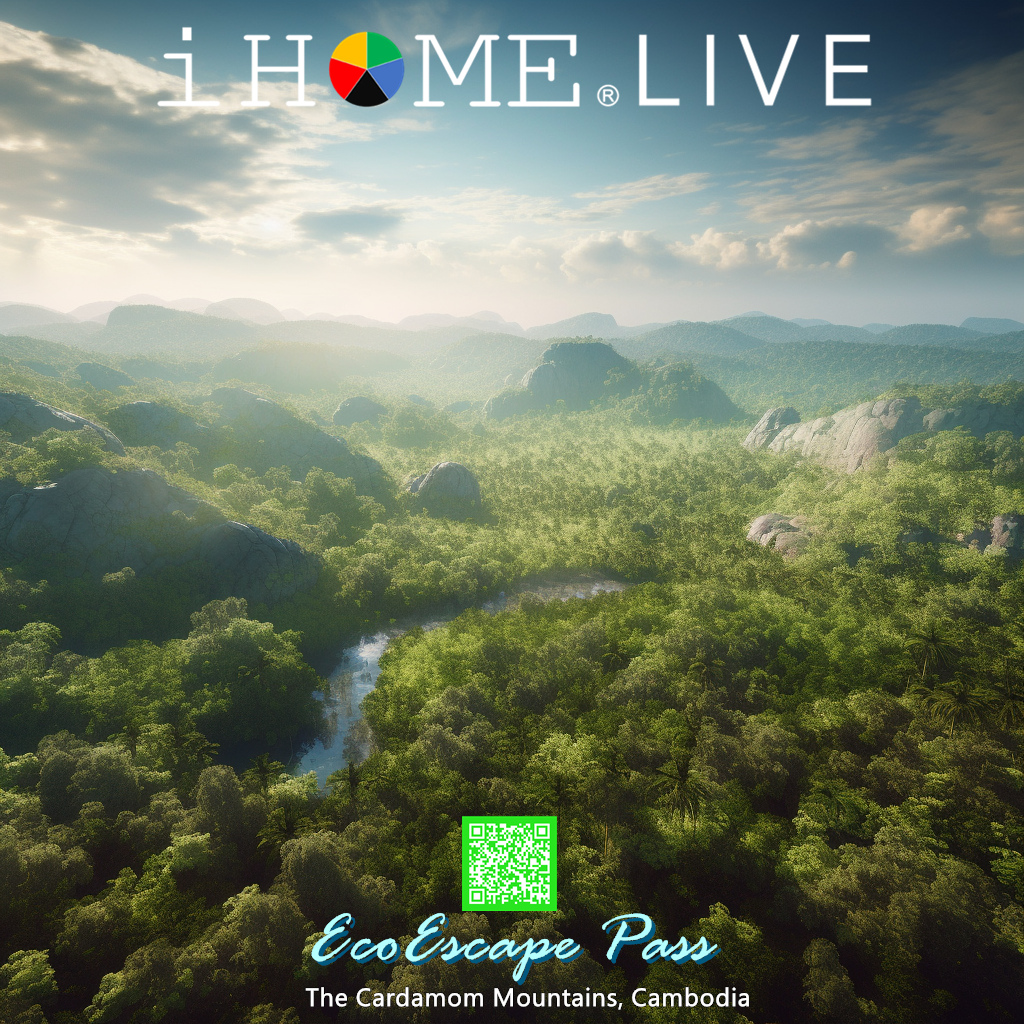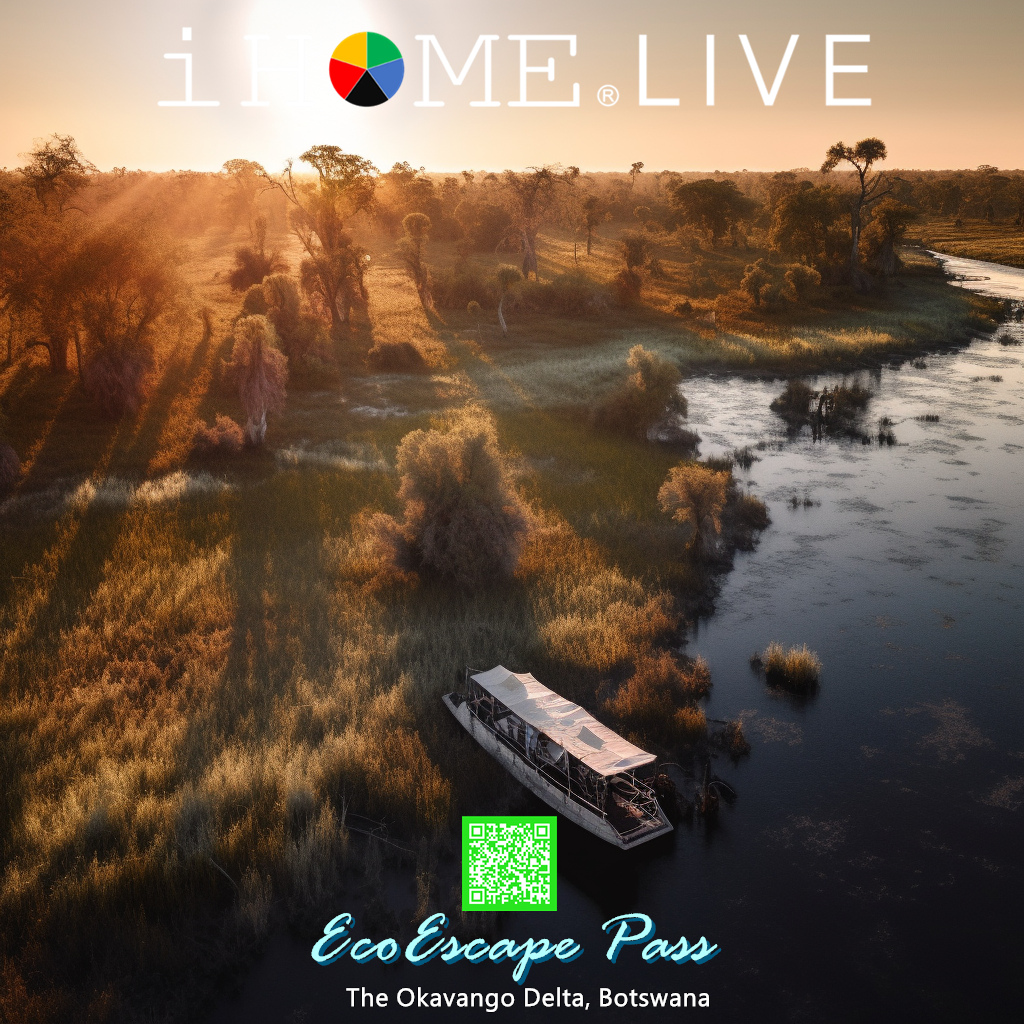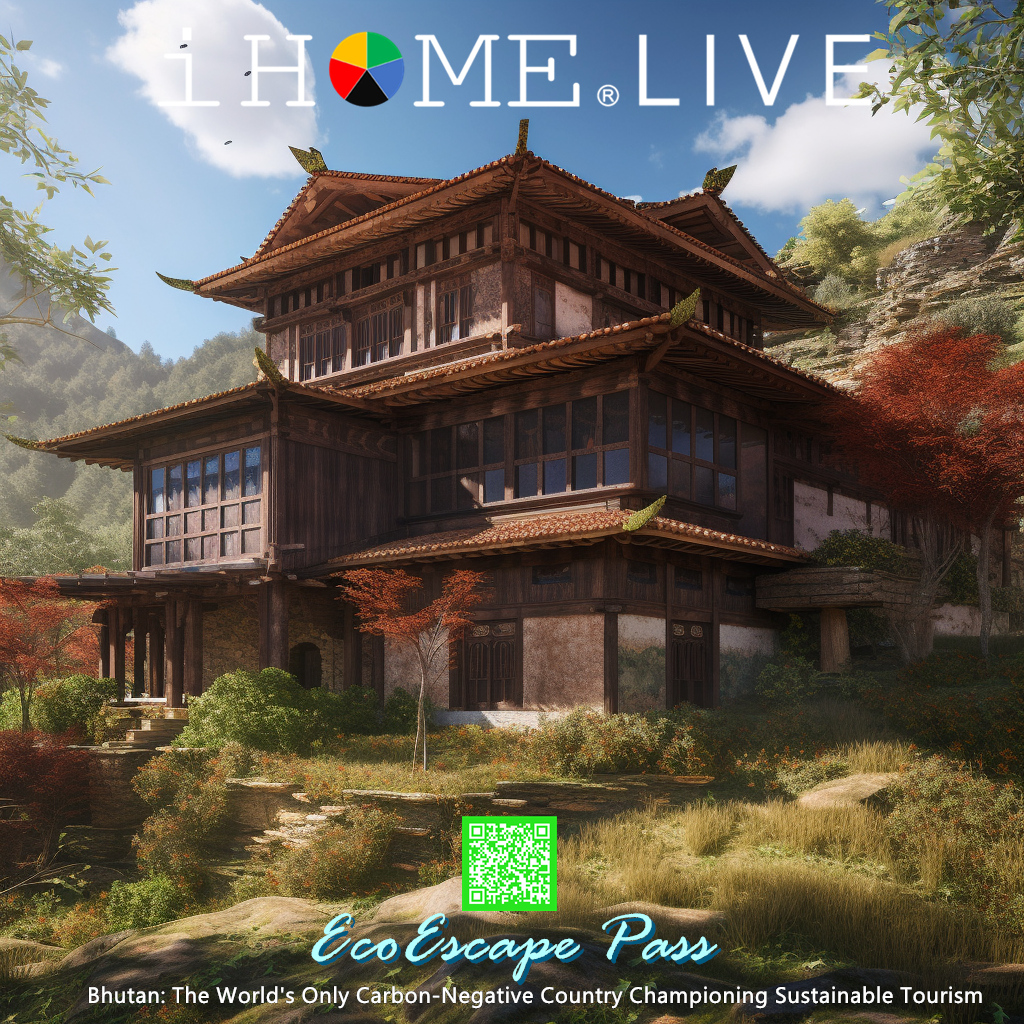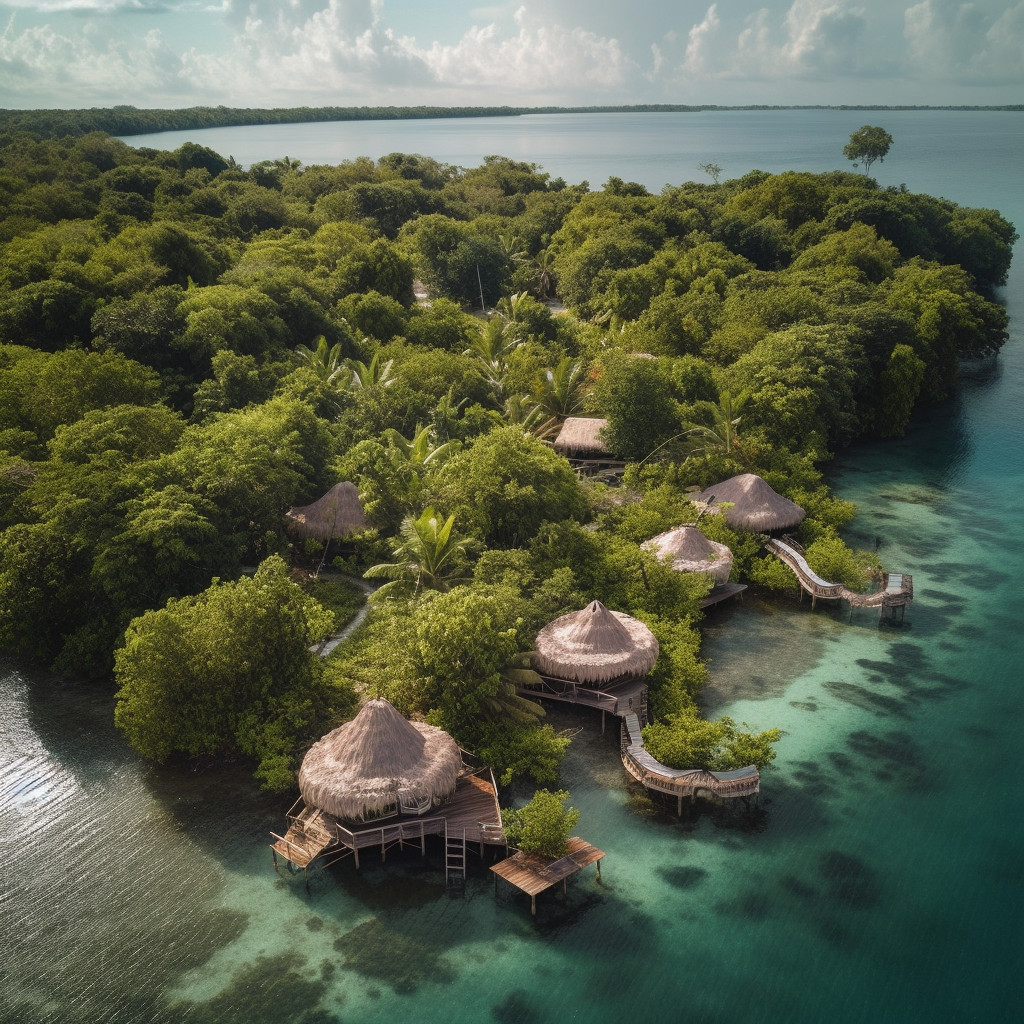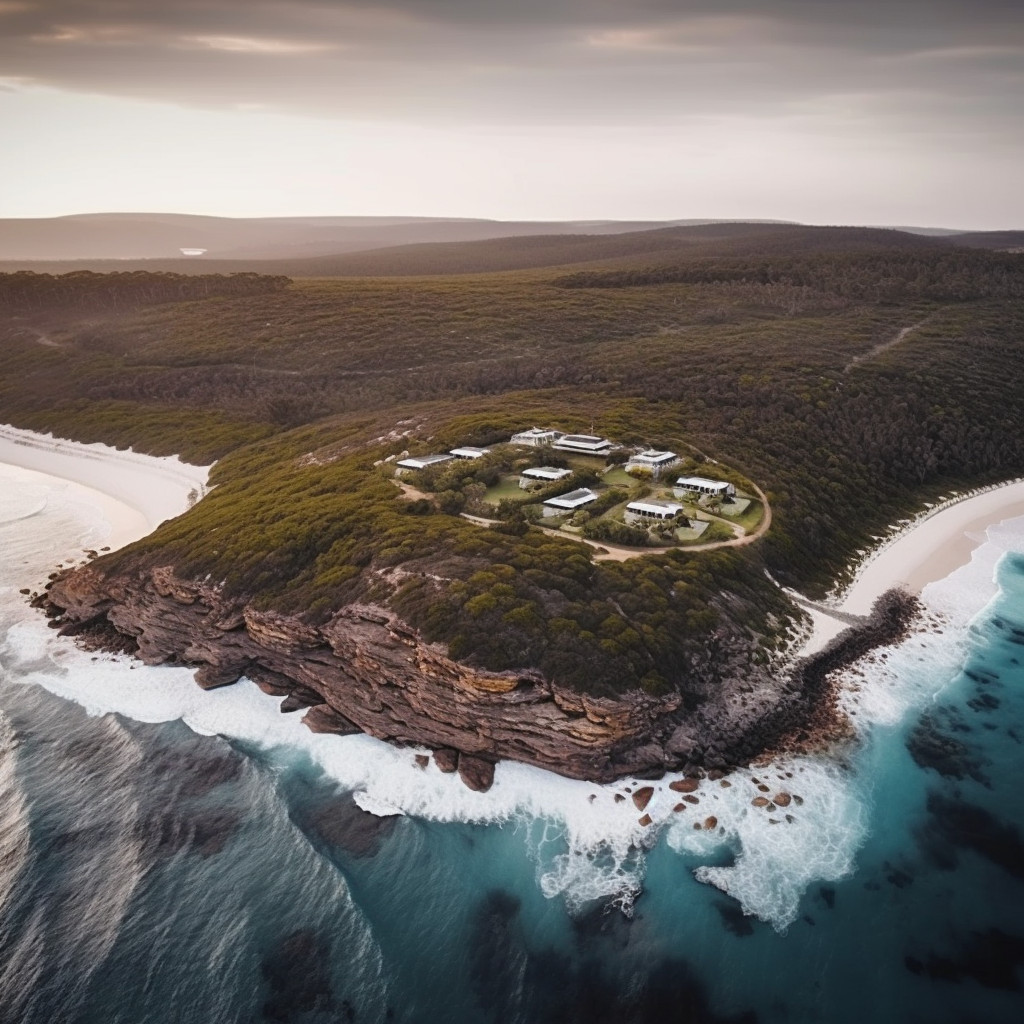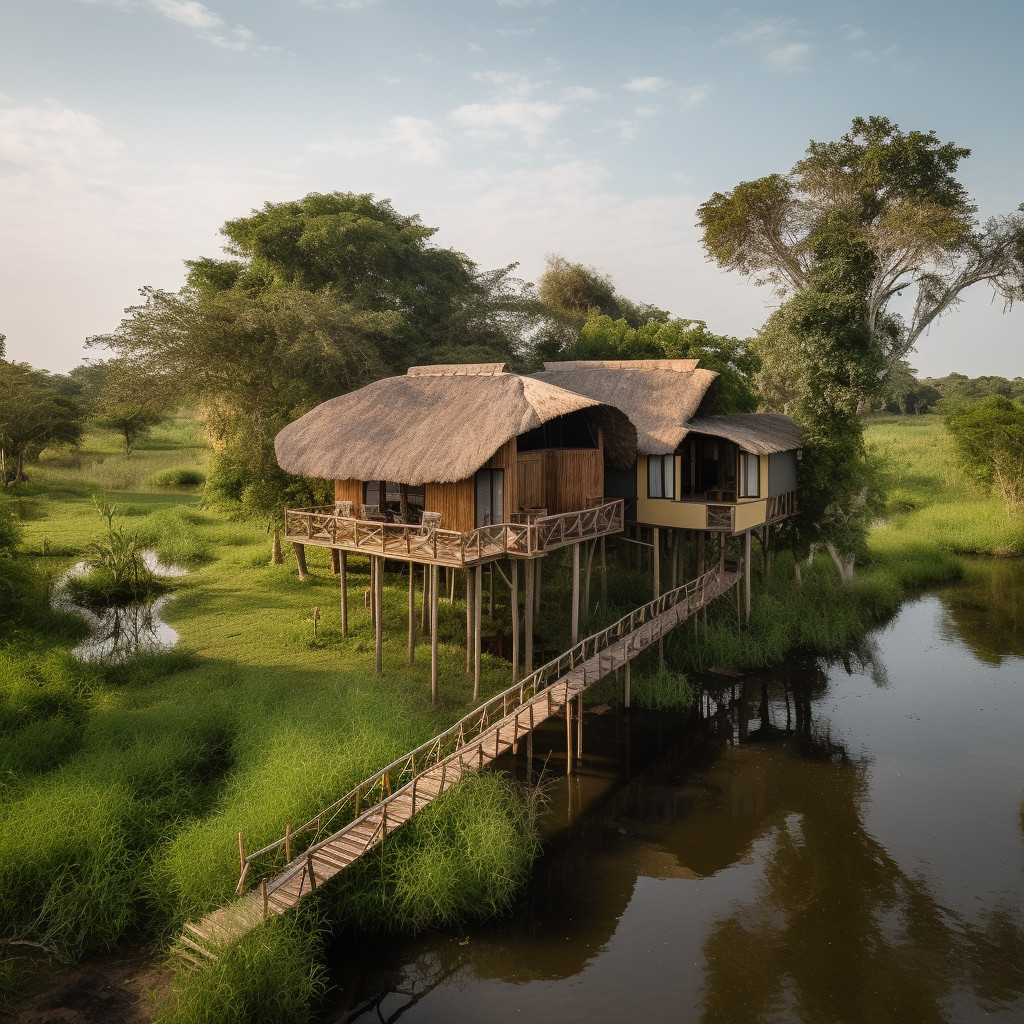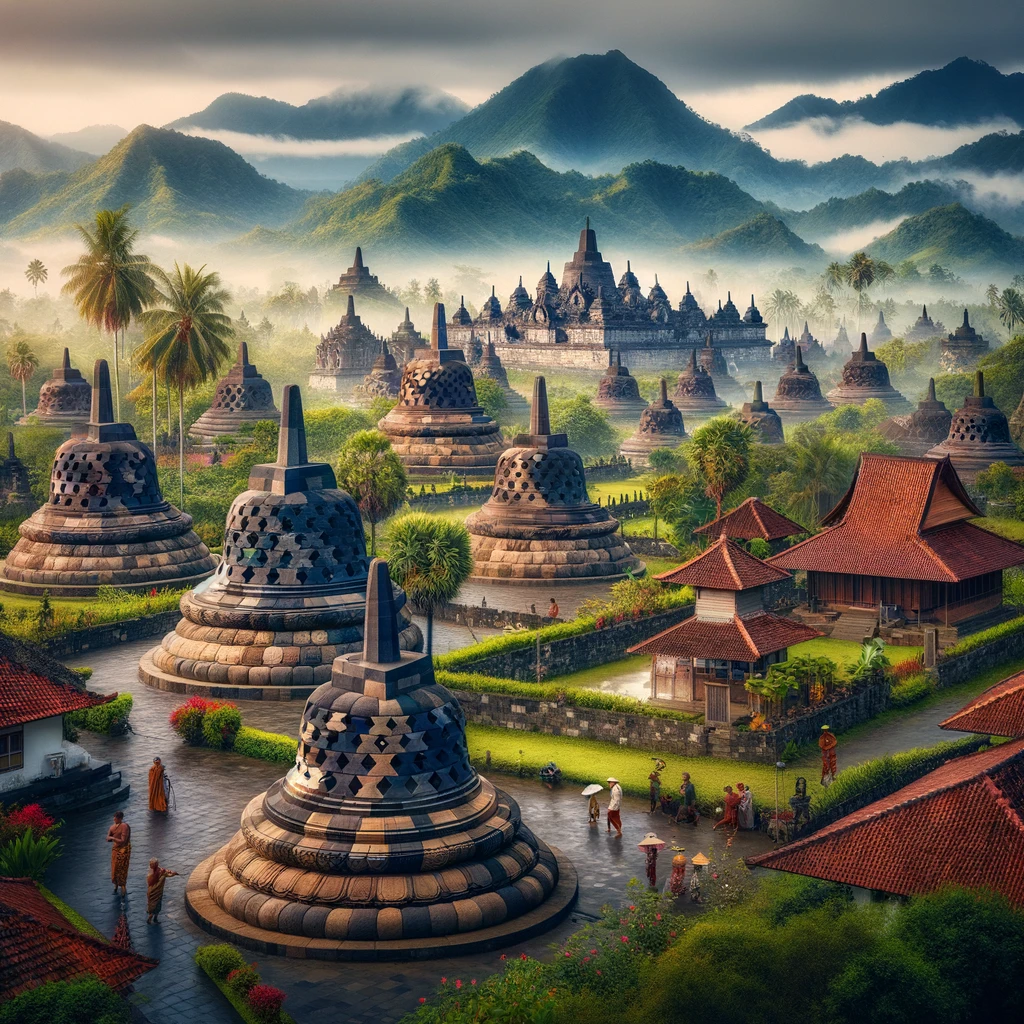Nestled in the Eastern Himalayas, Bhutan is a landlocked country known for its stunning landscapes, rich cultural heritage, and deep commitment to environmental conservation. Often referred to as the “Land of the Thunder Dragon,” Bhutan offers travelers a unique blend of serene natural beauty and vibrant traditions. With a national philosophy centered on Gross National Happiness, Bhutan places a strong emphasis on sustainable development and ecological preservation.
Eco Attractions:
- Paro Taktsang (Tiger’s Nest Monastery): Perched on a cliffside, this iconic monastery is a symbol of Bhutanese culture and spirituality.
- Jigme Dorji National Park: A haven for biodiversity, home to snow leopards, blue sheep, and red pandas.
- Phobjikha Valley: A glacial valley that hosts the endangered black-necked cranes during winter.
- Bumthang Valley: Known as the spiritual heartland of Bhutan, featuring ancient temples and monasteries.
Visa and Residency Options
Visa Requirements
Types of Visas:
- Tourist Visa: Mandatory for all visitors, obtained through a licensed Bhutanese tour operator.
- Special Permit: Required for visiting certain restricted areas.
Application Process:
- Applications are submitted through a tour operator.
- Required documents include a valid passport and proof of travel itinerary.
Documentation and Eligibility:
- Valid passport.
- Confirmation of tour booking with a licensed Bhutanese tour operator.
- Health and character requirements.
Long-term Stay Permits
Extending Your Stay:
- Extensions can be arranged through the tour operator for those involved in long-term eco-tourism projects or volunteering.
Application Details:
- Apply through the Department of Immigration in Bhutan.
- Necessary documentation includes proof of ongoing projects and financial stability.
Long-term Options:
- Volunteering programs in conservation and eco-tourism.
- Educational courses related to environmental and cultural studies.
Residency Options
Paths to Residency:
- Residency for investors and skilled workers contributing to Bhutan’s sustainable development.
Residency Requirements:
- Must meet health and character requirements.
- Proof of investment or employment in eco-friendly projects.
Transitioning to Permanent Residency:
- Continuous engagement in eco-tourism and conservation activities can support applications for permanent residency.
Living Conditions
Cost of Living:
- Accommodation: $500 – $1,500 USD per month for eco-friendly lodges or sustainable housing.
- Food: $100 – $200 USD per week, with a focus on local and organic produce.
- Transportation: $30 – $70 USD per week for eco-friendly transport options.
Infrastructure:
- Sustainable housing options and eco-friendly healthcare facilities are available.
- Reliable internet and co-working spaces for digital nomads, although connectivity can vary in remote areas.
Additional Details:
- Opening a bank account requires identification and proof of address.
- Local tax obligations should be explored through the Ministry of Finance.
Community and Networking
Community Overview:
- A vibrant community deeply connected to cultural traditions and environmental stewardship.
Networking Opportunities:
- Regular community events and workshops centered on sustainability and cultural preservation.
- Eco-tourism forums and local meetups.
Social Platforms:
- Facebook groups and local forums for eco-conscious travelers.
- Instagram pages dedicated to Bhutan’s eco-lifestyle.
Eco-Friendly Activities and Attractions
Nature Reserves and Parks:
- Jigme Dorji National Park: Offers hiking, wildlife spotting, and conservation activities.
- Royal Manas National Park: Known for its rich biodiversity and efforts in wildlife conservation.
Guided Tours:
- Eco-friendly transport options for guided tours across the country, often included in the tour packages arranged by licensed operators.
Wildlife Watching:
- Opportunities to see snow leopards, black-necked cranes, red pandas, and numerous bird species in their natural habitats.
Outdoor Activities:
- Hiking, bird watching, river rafting, and biking, all with a focus on minimal environmental impact.
Eco-Lodging:
- Recommended eco-lodges include Gangtey Lodge and Bhutan Spirit Sanctuary.
Organic and Farm-to-Table Dining:
- Local dining options such as Ambient Cafe and Folk Heritage Restaurant focus on organic and sustainable practices.
Environmental Initiatives
Conservation Programs:
- Numerous local initiatives focused on forest conservation, wildlife protection, and sustainable agriculture.
Volunteer Opportunities:
- Opportunities to engage in environmental clean-up projects, reforestation efforts, and wildlife conservation.
Sustainable Living Workshops:
- Workshops on permaculture, eco-friendly practices, and sustainable living.
Community Gardens and Urban Farming:
- Participation in local community gardens and urban farming projects.
Cultural Insights
Local Customs:
- Emphasis on respect for nature and wildlife, intertwined with cultural and spiritual practices.
- Strong community values and conservation-minded practices.
Language Tips:
- Dzongkha is the official language, but English is widely spoken and used in education.
Safety and Laws:
- Adhere to local guidelines for wildlife interaction and environmental protection.
- Respect cultural norms, particularly around religious sites and practices.
Do’s and Don’ts:
- Do participate in eco-friendly activities.
- Don’t disturb wildlife or damage natural habitats.
- Show respect in religious sites, and follow local customs and dress codes.
Summary
Pros:
- Rich biodiversity and stunning natural landscapes.
- Strong conservation efforts and eco-tourism focus.
- Vibrant community with deep cultural and spiritual roots.
Cons:
- Limited access to some modern amenities, especially in remote areas.
- Higher cost due to mandatory tour packages and sustainable travel policies.
Key Reasons:
- Unique cultural and spiritual experiences.
- Commitment to sustainability and conservation.
- Opportunities for eco-friendly activities and responsible travel.
Useful Contacts and Resources
Embassies and Consulates:
- Contact details for embassies and consulates can be found on the Bhutan Ministry of Foreign Affairs website.
Local Government and Services:
- The Tourism Council of Bhutan’s official website provides information on local services and support.
Essential Services:
- Websites like the Bhutan Foundation offer resources for eco-friendly daily living.
Emergency phone numbers:
- Local emergency number: 113.
- Direct line to the nearest police station and medical facilities can be found on local government websites.
![Romania - Tiny house - [ Minimalist Retreats ] - Design Collectibles & Angel Membership (V1)](https://ihome.org/wp-content/uploads/2024/06/Slide19-300x300.jpg)



![Australia - Tiny house - [ Minimalist Retreats ] - Design Collectibles & Angel Membership (V1) (Copy)](https://ihome.org/wp-content/uploads/2024/06/Slide21-300x300.jpg)
